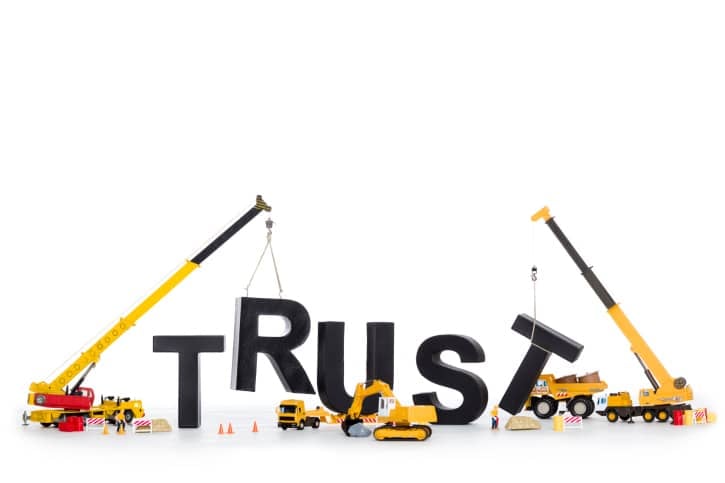We are in a period of unprecedented volatility and dynamism. The daily news brings conflicting signals about the pace, nature or durability of any recovery and the macro-global picture is also far from clear. Economic power bases and traditional orders are shifting – and not in predictable ways.
China, India and Brazil continue to develop and grow in ways that differ from the model of growth experienced by Europe and the US in the last century.
It is not only the old order, but also the old models that no longer hold.
While some may hope for a return to more “normal” times, the reality for the coming decade is one of change, risk and unpredictability.
Not all the dynamics are negative – there are huge opportunities for businesses to grasp in the new markets and the traditional economies too. Technology for instance, is reshaping industries and business models once again as a pervasive web, ever-expanding mobility and cloud computing create room for innovation.
And yet all this change is happening at a time when global business leadership is poorly positioned to respond to and master the situation. Trust in business leaders is at an all-time low, with many leaders in both developed and developing markets beset with charges of greed, corruption and ethical or ecological disregard. Even where these issues are not in play, there is a lack of confidence to take the lead.
A recent study of CEO concerns (conducted by Accenture for the UN Global Compact) identified rebuilding trust as one of the highest concerns among this population as they looked to develop sustainable businesses. The irony is that the other estates of society are no better placed to lead – with both politicians and the third sector struggling to find robust foundations to establish the voices that will stand above the fray.
However, there is a cadre of business leaders in many organisations who “get it”. These are leaders who are already confident enough to step away from the shorter term rhythms of their traditional stakeholders and paint longer termvisions for how they intend to grow the company responsibly and create fairer, sustainable business models.
And yet, setting the right “tone from the top” is not sufficient, and can be hard to sustain. This tone has to be in tune with the “tone from the bottom”.
As the latest generation – Generation Y – join organisations, they come armed with expectations about the kind of organisation they want to work for. They want to be part of something that makes a difference. At the International Business Leaders Forum (IBLF), we work with leaders both current and future to work out how we can drive behaviour change throughout our businesses – including the “frozen middle”. We need this to guarantee that we can ‘walk the talk’ in every stakeholder interaction from shop floor to top floor, and through this rebuild the lost trust and silence the cynics.
The other aspect of this new leadership is the capacity to provide direction to the complex ecosystems of partners that are now a necessary part of most value chains. We need to see our behaviours and ethical standards replicated in our contractors, suppliers and business partners. The levels of openness and collaboration this demands are a real stretch for many organisations that are already struggling to establish shared values within their own four walls, and this thinking also has to extend to regulatory and NGO partnerships. Finally, finding the arguments to bring the investor community along for the ride is also critical.
Lastly, all of this is happening in an environment where social networking is redefining the manner and direction of information sharing and the creation of attitudes and perspectives. Leaders need to understand this phenomenon and harness the internal and external energies it represents to amplify their messages rather than become victims of it.
The potential power that can be unleashed by the right business leadership and collective action is tremendous. It can be a meaningful contributor to mitigating volatility as well as driving sustained growth. And perhaps in the year ahead, the resulting scenario will be characterised more by good governance, inclusive models and effective collaboration.










